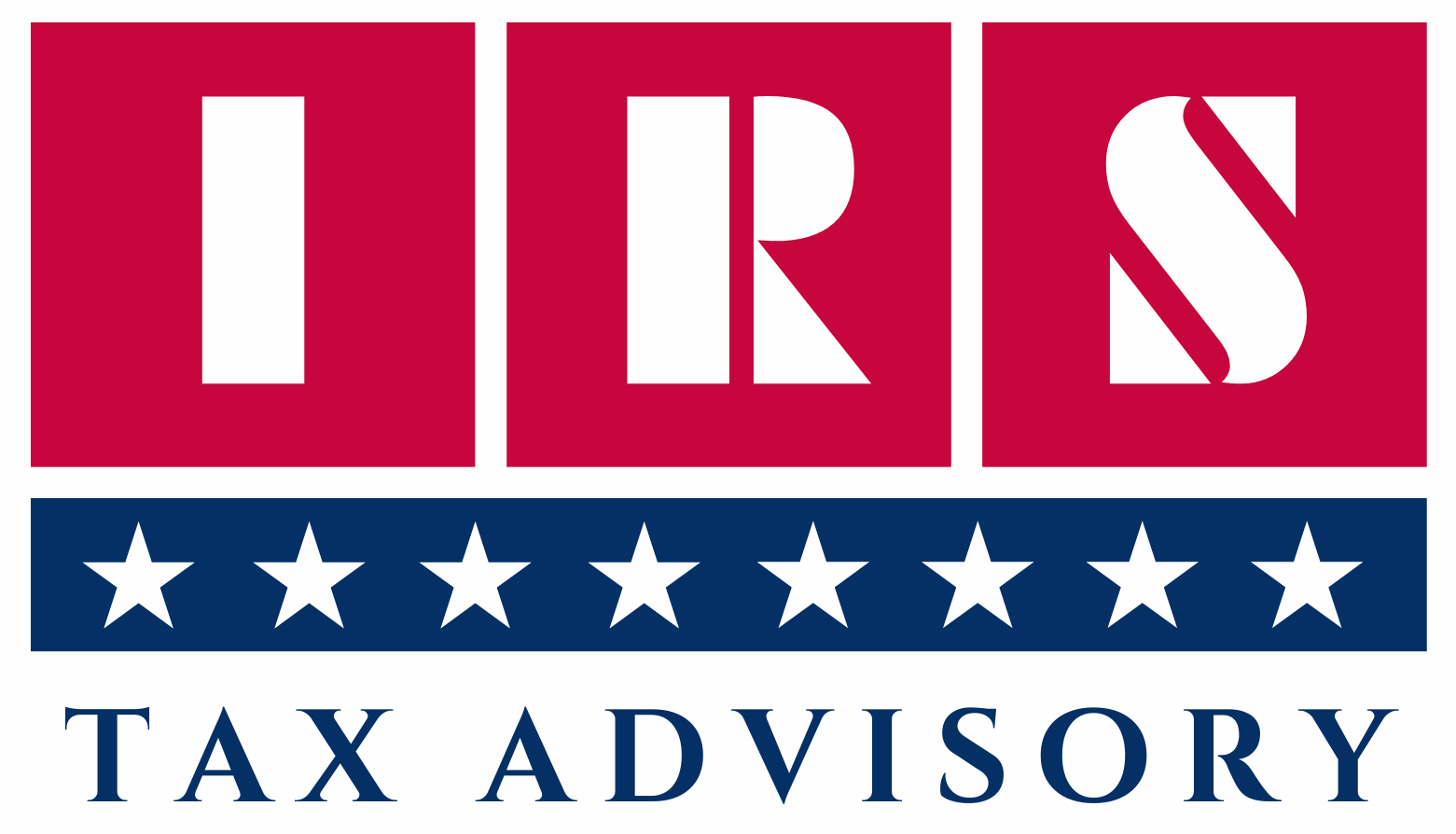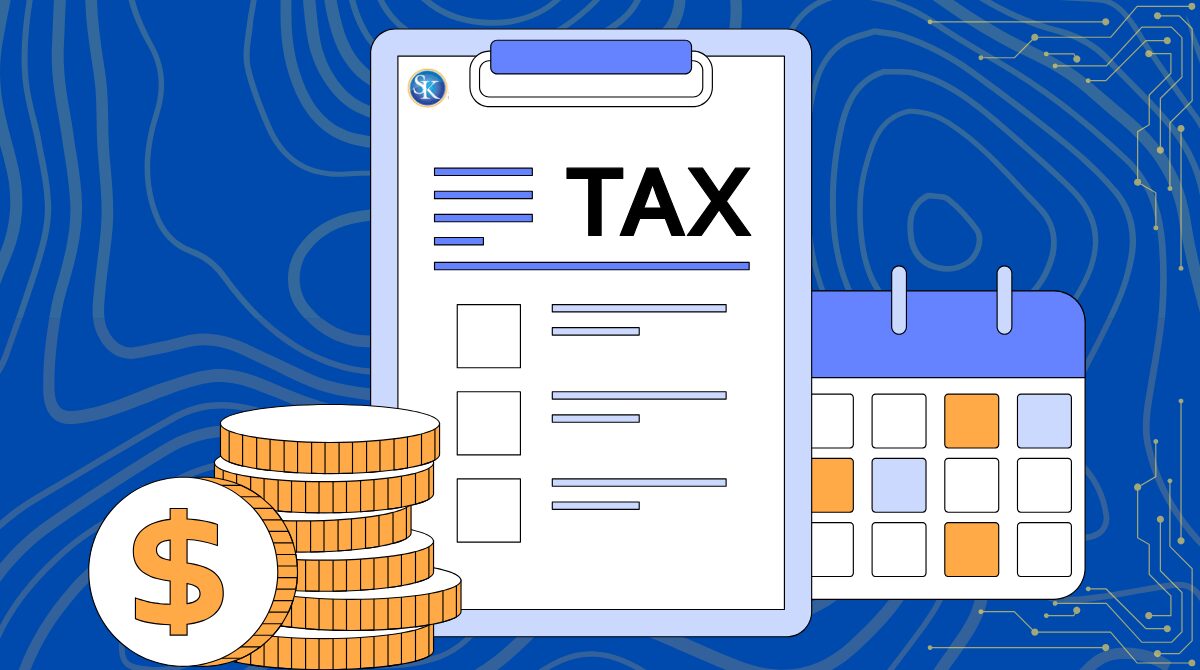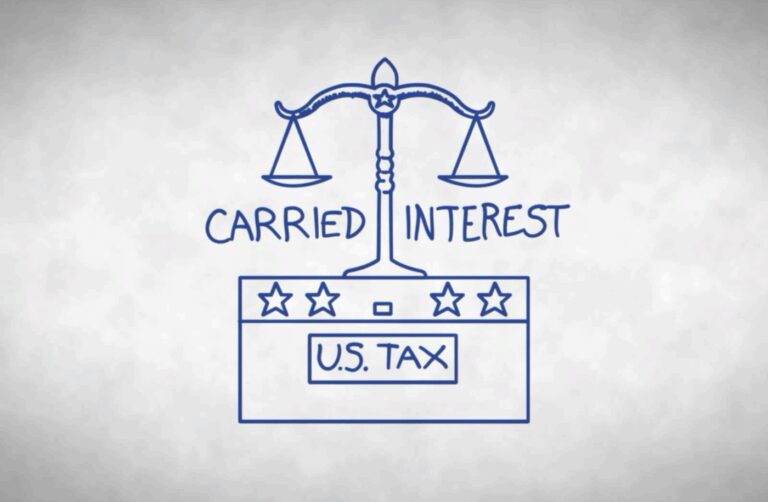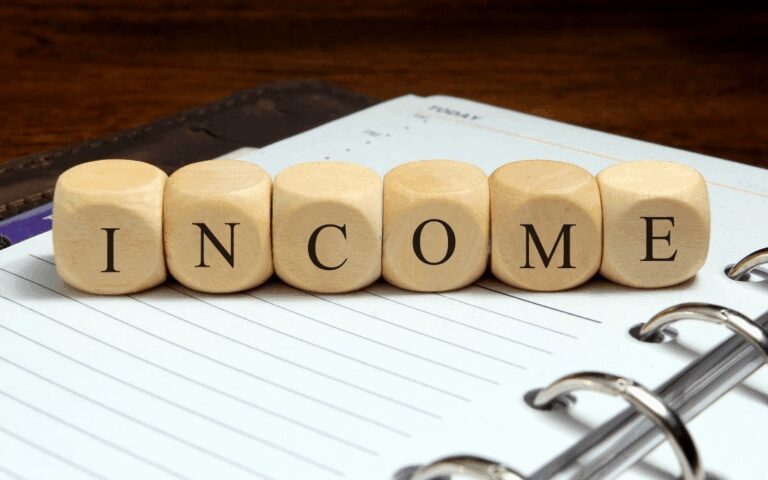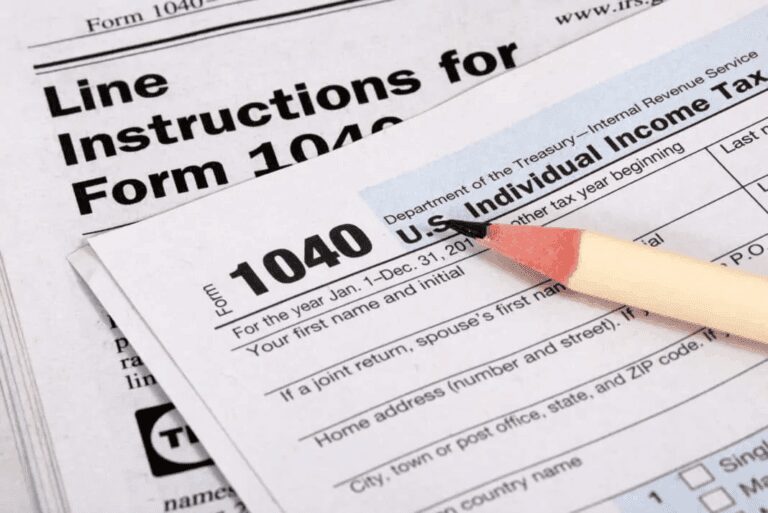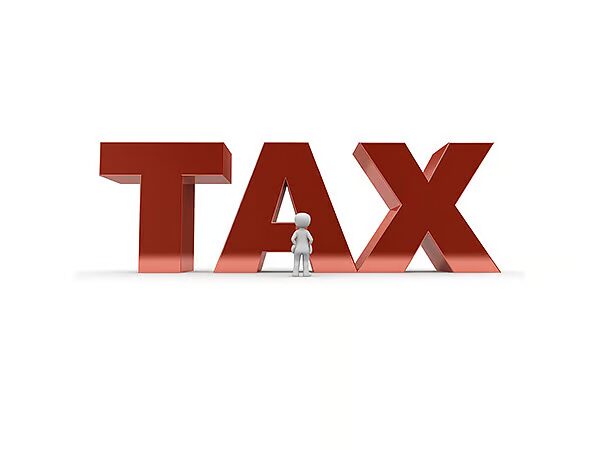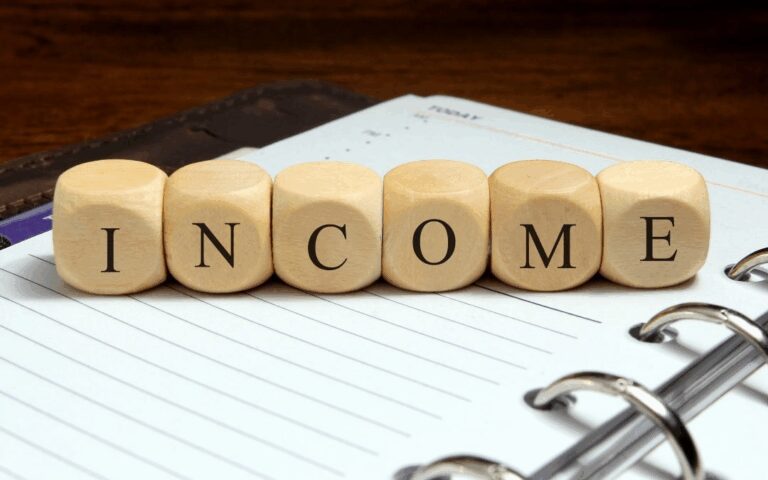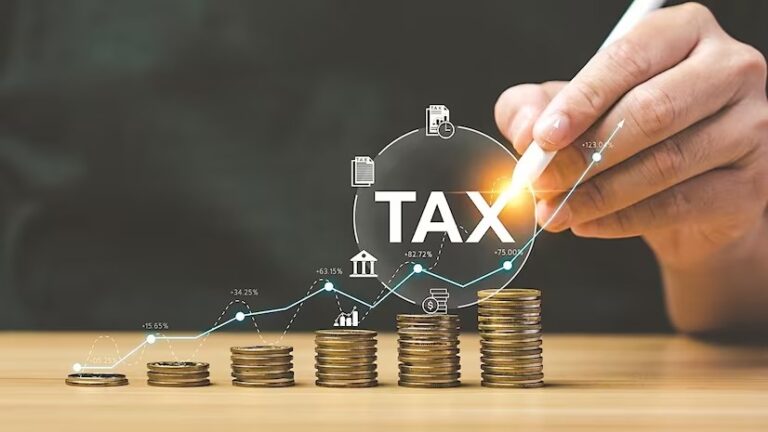Estimated Tax Payments New Jersey- Best Detailed Guide In 2025
Table of Contents
A Detailed Explanation On Estimated Tax Payments New Jersey
What Are Estimated Tax Payments?
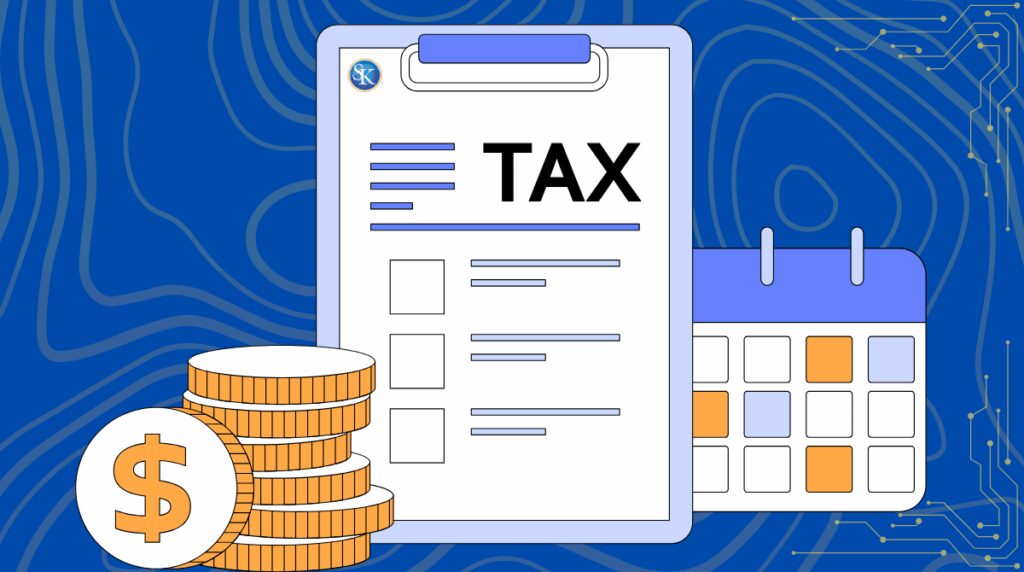
Estimated tax payments are advance payments made throughout the year to cover your New Jersey Gross Income Tax liability on income that is not subject to withholding. These payments help taxpayers avoid a large year-end tax bill and prevent penalties and interest for underpayment. While employees typically have taxes withheld by their employers, individuals with self-employment income, freelance earnings, rental income, investments, or business income often need to make these payments manually.
This is a step by step guide on Estimated Tax Payments New Jersey.
Who Needs to Make Estimated Tax Payments in NJ?
Estimated tax payments are not just for business owners—they are required for any taxpayer who earns income not subject to withholding and expects to owe a certain threshold in state taxes. In New Jersey, you are required to make estimated tax payments if you expect to owe more than $400 in Gross Income Tax for the year, after subtracting any withholdings and available credits.
General Rule
If your New Jersey income tax liability exceeds $400 for the year, and that tax is not fully covered by tax withheld from other sources (like W-2 wages), then you must make quarterly estimated tax payments to the New Jersey Division of Taxation.
Common Types of Taxpayers Who Must Pay Estimated Taxes
1. Self-Employed Individuals and Freelancers
If you run a sole proprietorship, freelance, or consult independently (even part-time), you likely earn income that is not subject to tax withholding. This includes people who:
- Offer professional services (e.g., writing, marketing, graphic design)
- Run independent service businesses (e.g., landscaping, IT, tutoring)
- Work on gig economy platforms (e.g., Uber, Lyft, Instacart, Upwork)
These individuals must pay both state income tax and self-employment tax (federally), so estimated payments are essential to remain compliant.
2. Independent Contractors (1099 Earners)
If you receive a Form 1099-NEC or 1099-MISC, your income is typically not subject to automatic withholding. Contractors in real estate, construction, health services, and consulting often fall into this group. Even a few thousand dollars in untaxed income could trigger the estimated payment threshold.
3. Business Owners and Partners
Business owners operating as:
- Sole proprietors
- Partners in partnerships
- Members of multi-member LLCs
- S-corporation shareholders receiving K-1 income or guaranteed payments are required to estimate and pay tax on their share of business income, even if no cash was distributed.
4. Landlords and Rental Property Owners
Income from residential or commercial rental properties is considered taxable income in New Jersey. If you own one or more rental units and expect to generate more than $400 in taxable income beyond deductions (such as mortgage interest, depreciation, and repairs), you must make estimated payments.
5. Investors and High-Net-Worth Individuals
People who earn substantial interest, dividends, capital gains, or retirement income from investments may need to make estimated payments, especially if:
- They have sold stock, real estate, or other investments at a profit
- They receive distributions from taxable brokerage accounts
- They are withdrawing from taxable retirement accounts
Unlike wage income, investment gains are often untaxed until declared, so quarterly tax payments help cover that liability proactively.
6. Retirees with Untaxed Pension or IRA Distributions
Retirees drawing income from pensions, annuities, or IRAs (especially if withholding is not automatically set up) may find themselves owing New Jersey tax at year-end. If that projected liability is more than $400, estimated tax payments are required.
7. Employees with Inadequate Withholding
Even if you’re a W-2 employee, you may need to make estimated payments if:
- You have multiple jobs and withholding isn’t adjusted properly
- You receive large bonuses, commissions, or taxable fringe benefits
- Your employer does not withhold NJ state tax (common for remote workers)
In these cases, underpayment of state taxes can occur even when you file a return on time—making quarterly estimates a wise move.
Who Is Exempt from Estimated Payments?
You do not need to make estimated payments if:
- You expect to owe $400 or less after subtracting credits and withholdings
- You had no tax liability in the prior year and were a New Jersey resident for the full year
- Your income is fully covered by adequate withholding (e.g., through your employer)
Tip: Use Safe Harbor Rules
To avoid penalties, the NJ Division of Taxation allows you to base your estimated payments on:
- 90% of your current year’s tax, or
- 100% of your prior year’s tax liability, whichever is less
This “safe harbor” method helps you stay penalty-free even if your income fluctuates year over year.
Key Deadlines for Estimated Tax Payments in NJ
Estimated tax is paid in four quarterly instalments during the year:
| Income Period | Estimated Payment Due |
| January 1 – March 31 | April 15 |
| April 1 – May 31 | June 15 |
| June 1 – August 31 | September 15 |
| September 1 – December 31 | January 15 of the following year |
If the due date falls on a weekend or holiday, payments are due the next business day.
Missing these deadlines can lead to interest charges and underpayment penalties, even if you pay your full tax when filing your return.
How to Calculate Estimated Tax for NJ
Step-by-Step
- Estimate your total annual income from all sources, including self-employment, investments, rental income, and business activity.
- Subtract eligible deductions and exemptions (e.g., medical expenses, alimony, IRA contributions).
- Use the NJ Gross Income Tax Rate Schedule to compute your estimated tax due.
- Subtract any:
- Withholding (W-2 or 1099)
- Credits (like property tax relief)
- Overpayments from the prior year
- If the balance due is more than $400, divide the result by 4 and pay each quarter.
Example
Let’s say you’re a freelancer earning $100,000/year, and you estimate $3,000 in deductions. Your taxable income is $97,000. Based on NJ’s progressive tax rates, your state tax liability might be around $2,800. If you have no withholding, you must pay $700 per quarter.
How to Make NJ Estimated Tax Payments
Online Payments (Fastest & Easiest):
- Use the NJ Division of Taxation e-Services portal:
Make a Payment - You can pay via:
- Electronic bank transfer (ACH debit)
- Credit or debit card (fees may apply)
By Mail
- Submit payments using Form NJ-1040-ES (Estimated Payment Voucher).
- Make check or money order payable to:
“State of New Jersey – TGI” - Mail to:
NJ Division of Taxation, Revenue Processing Center, PO Box 222, Trenton, NJ 08646-0222
Through Tax Software
- Tax platforms like TurboTax, H&R Block, and TaxAct allow you to calculate and pay estimated taxes.
- Be sure to confirm that NJ-specific forms are submitted (some software only prepares federal vouchers).
Smart Strategies to Avoid Penalties
- Pay 100% of last year’s tax (or 110% if you had a high income), even if you expect lower income this year — this satisfies the “safe harbor rule”.
- Adjust quarterly payments if your income fluctuates (e.g., use annualized installment method).
- Overpay slightly to ensure you cover unexpected increases in income.
- Set reminders for each quarterly deadline.
What Happens If You Don’t Pay or Underpay?
New Jersey will impose interest (currently 8% per year) and possible penalties on any unpaid or late estimated tax. These are calculated per quarter, meaning partial underpayments can still result in charges — even if you pay the full tax by April 15 of the following year.
Resources and Forms
- Form NJ-1040-ES (Printable PDF)
- NJ Gross Income Tax Rate Schedule
- Estimated Tax Payment Portal (Online)
Summary
Estimated tax payments in New Jersey are not just for business owners—they apply to anyone with significant income not subject to withholding. By planning carefully, calculating your payments using current tax brackets, and submitting payments on time, you can stay compliant, avoid penalties, and reduce year-end surprises.
Would you like:
- A custom quarterly payment calculator in Excel or Google Sheets?
- A checklist for small business estimated tax compliance?
- An article targeted toward NJ freelancers or landlords?
Frequently Asked Questions FAQs
1. What are estimated tax payments in New Jersey?
Estimated tax payments are periodic payments made to the New Jersey Division of Taxation on income that isn’t subject to withholding tax. This typically includes self-employment income, rental income, dividends, interest, and other income sources.
2. Who must make estimated tax payments in New Jersey?
You must make estimated payments if you expect to owe at least $400 in New Jersey income tax after subtracting withholding and credits. This often applies to self-employed individuals, freelancers, and those with significant non-wage income.
3. When are estimated tax payments due in New Jersey?
Estimated payments are generally due quarterly on the following dates:
- April 15
- June 15
- September 15
- January 15 of the following year
If these dates fall on a weekend or holiday, the due date is the next business day.
4. How do I calculate my estimated tax payments?
To calculate, estimate your expected New Jersey taxable income, apply the current state tax rates, subtract any withholding and credits, and divide the balance evenly over the four payment dates. The New Jersey Division of Taxation provides worksheets and forms to help with calculations.
5. How do I make estimated tax payments in New Jersey?
Payments can be made:
- Online through the New Jersey Division of Taxation’s website using their online payment system.
- By mailing a check or money order with Form NJ-1040-ES (Estimated Tax Payment Voucher).
- Via phone using electronic payment options.
6. What happens if I don’t pay estimated taxes on time?
If you underpay or miss estimated payments, New Jersey may charge interest and penalties on the amount owed. It’s best to pay on time or adjust payments to avoid these charges.
7. Can I change my estimated tax payments during the year?
Yes. If your income or deductions change significantly, you can recalculate and adjust your remaining estimated payments to avoid overpaying or underpaying.
8. Are estimated payments required for New Jersey business taxes?
Yes, businesses that owe income tax or pass-through entity tax in New Jersey generally must make estimated payments based on their expected tax liability.
9. Where can I find New Jersey estimated tax forms?
Forms and instructions are available on the New Jersey Division of Taxation website. Look for Form NJ-1040-ES for individuals or appropriate business forms.
10. Can I get a refund if I overpay estimated taxes?
Yes. Overpayments can be applied to your next year’s estimated taxes or refunded when you file your annual return.
